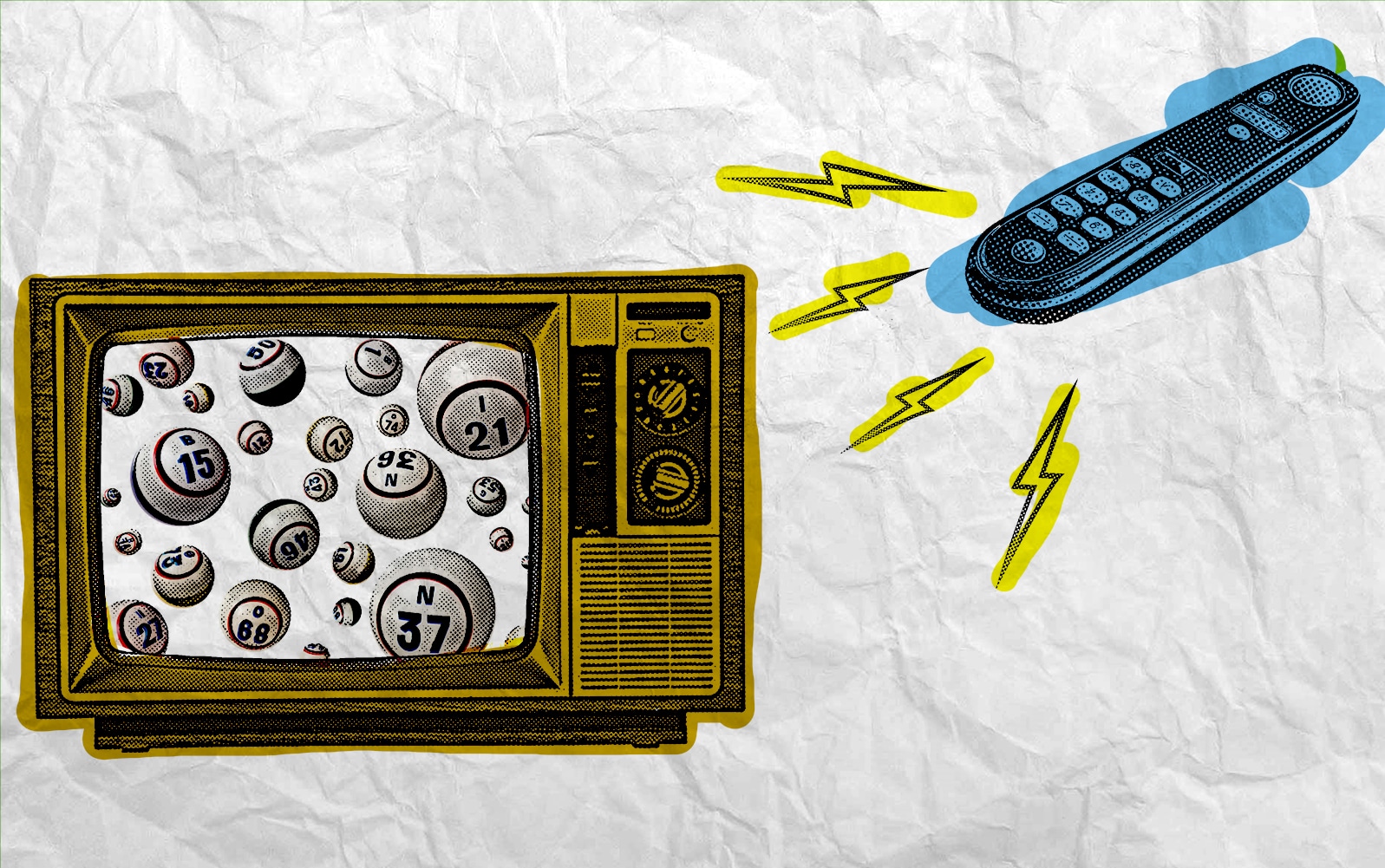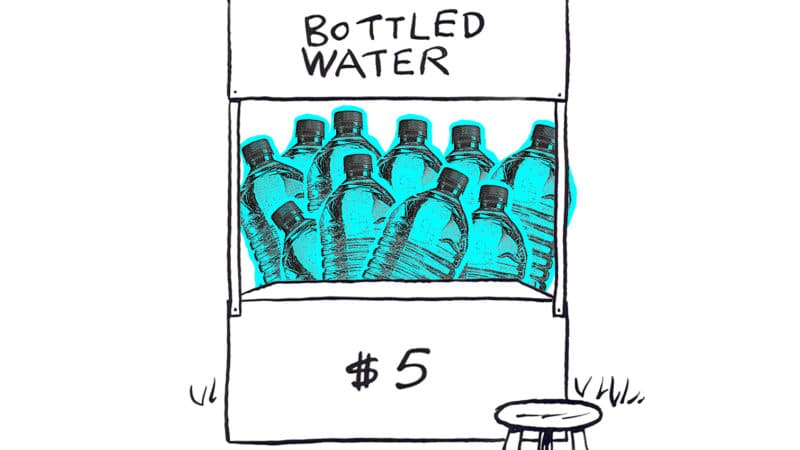Not all disabilities are physical, and while some people need assisted living, others just need affordable services and understanding from the world of more emotional disorders.
By Mary Stewart
I was a troubled eighteen-year-old girl who had just aged out of the system. I despised getting on that big white van every morning to go to a day treatment program for the mentally ill.
One of my peers insisted that Jesus owned K-mart. Another one had conversations with imaginary drug dealers while we were in a group. I knew I wasn’t as sick as they were. I didn’t need to be in the group. And I definitely didn’t need to be in an assisted living facility.
Many years later, I faced chronic homelessness and was unable to find affordable housing. Since I still received Supplemental Security Income, I was eligible to return to assisted living. I didn’t have to be on the streets. But I repeatedly refused to move back to an assisted living facility.
I’ve known countless other homeless people who receive Supplemental Security Income or Social Security disability Insurance benefits and who also do not want to move to assisted living. They prefer having a sense of independence – and some money left in their pockets every month.
However, in light of the looming camping bans and the cost of living increases, some homeless people with disabilities may be left with no other housing options besides assisted living facilities. But is that really the best solution to their homelessness?
For some of them, it may be. Often disabled people value independence so much that we undermine our limitations. It’s also very common for mentally ill people to be in denial of their illness and refuse treatment and medication compliance.
Assisted living facilities can give disabled people housing, three prepared meals per day, 24-hour supervision, medication management, and sometimes transportation to medical appointments.
Often case managers are also assigned to help them manage their benefits, schedule their appointments, and refer them to needed services. These are a few of the benefits of placement in assisted living facilities.
But this type of housing and level of services isn’t appropriate for everyone.
I still remember my days of residing in assisted living homes. At one facility, I was the only person living there who was under the age of 70.
As a teenager, it goes without saying that I felt out of place. However, I was raised by my grandmother, so my heart went out to the other residents, and I went ballistic when one of them was neglected.
The next assisted living facility was more like an adult group home. Most of the residents were younger but still not nearly as young as I was. They were also seriously mentally ill. After the day program every day, they’d spend the rest of the afternoon and evening sitting outside chain smoking cigarettes. There was nothing else to do there.
I did have a TV, but someone stole it from my bedroom while I was at the day program. Mind you, I didn’t have my own bedroom. Instead, I slept in a large bedroom with three twin-sized beds. There were also beds in the living room and kitchen area. We all ate together in the dining hall.
My grandmother noticed how the people at the group home sat around and did nothing all day, so she decided to host a Bingo game. I’ll never forget that day. She even brought prizes. We all had a great time, and the other residents were very grateful.
I was especially grateful for my grandmother. If it hadn’t been for her, I wouldn’t have had a dollar to my name while living in these places. The assisted living homes took my entire SSI check except for $43 per month: that’s all I was left to live on. Then they applied for an additional state supplement to cover the full cost of my so-called care.
Fortunately, my case manager approved my request to move into an apartment with my grandmother, and I was able to eventually say goodbye to day-treatment programs and assisted living facilities. I learned how to balance a bank account, manage my own benefits, and even got my first job at Taco Bell.
I’ve never looked back.
I’m not saying that assisted living homes are bad places or not a good option in some cases. I’ve known quite a few homeless people who clearly needed that level of care, but there was no convincing them of that. Eventually, I gave up and accepted that they’d probably never get the help they needed without involuntary commitment.
On the other hand, many disabled people are capable of independent living with little to no assistance with basic daily living activities. Some of us can even work but have limitations on the types of work we can do and the amount of hours we can handle. Being disabled doesn’t necessarily mean that you’re confined to a wheelchair.
For us, what we truly need is affordable independent living. But that’s very hard to find in Florida and many other states. Sure, there is Section 8 housing, but you can only apply during open window periods and applicants are selected through a lottery. And you know what the odds of winning the lottery are.
Also, it’s hard to find landlords who are willing to accept Section 8 vouchers. Even if you get approved, there’s still the daunting task of finding a suitable apartment and going through the inspection process. In Sarasota, the Homeless Outreach Team offers U.S. Department of Housing and Urban Development housing to homeless people with disabilities, but I was told back in April that there were 1,000 people on that waiting list.
I was also turned down for assistance because I’m a Palm Beach County resident. As far as I know, my county isn’t handing out HUD vouchers to homeless people. However, they do have a permanent supportive housing program. There’s also housing programs through Goodwill Industries that were originally designed to help homeless people with disabilities, but that waiting list is also long.
Without more options and availability for affordable independent living, many homeless people with disabilities will sadly be faced with no other choice besides going to assisted living. Some may end up in halfway houses instead – if they’re lucky and can work part-time.
In some cases, this will mean that they’ll finally get the level of help that they desperately need. But there will also be homeless people in assisted living homes who really don’t need to be there. They just don’t have anywhere else to go. Hopefully, someone will be kind enough to bring in a Bingo game.



